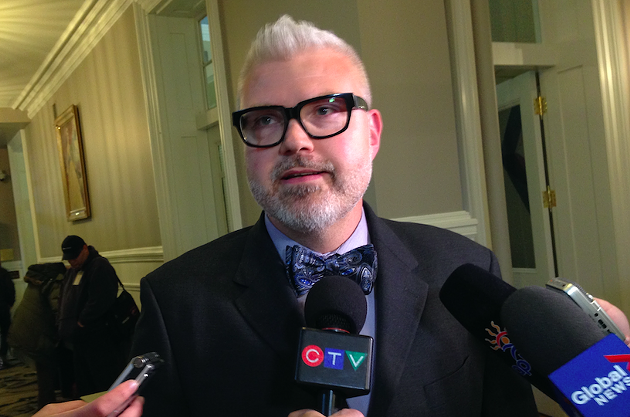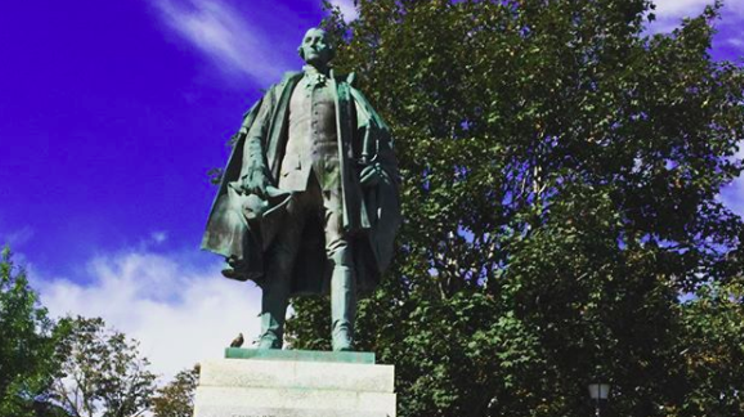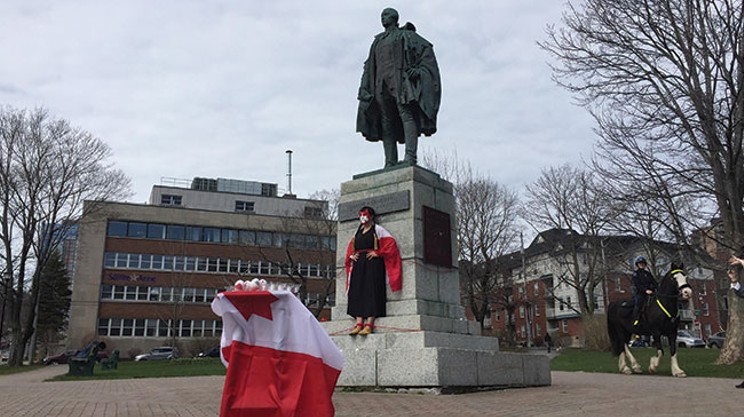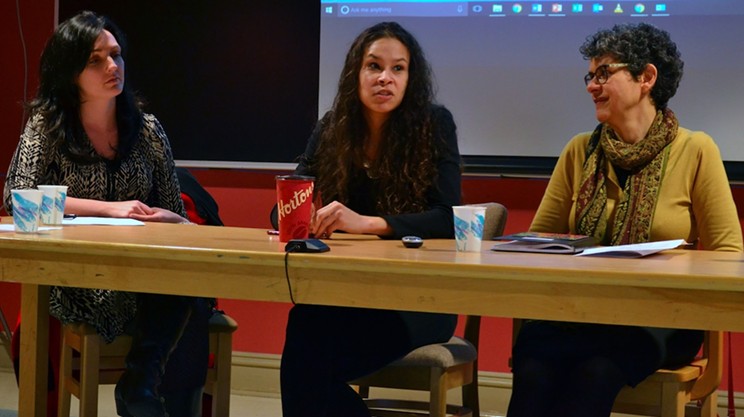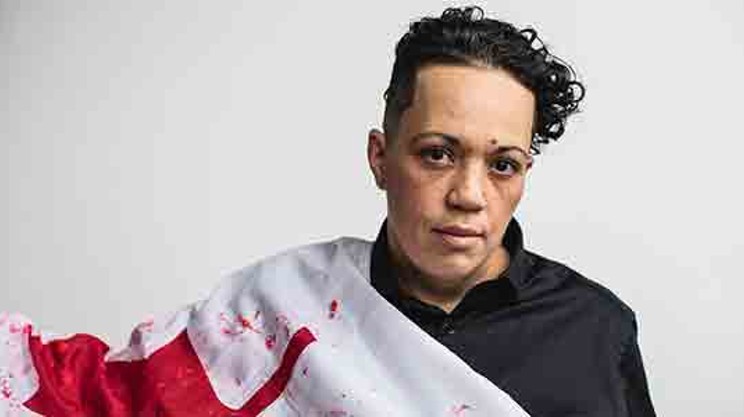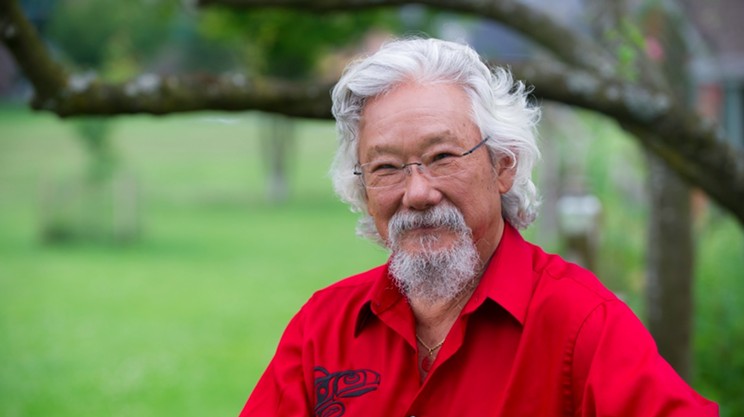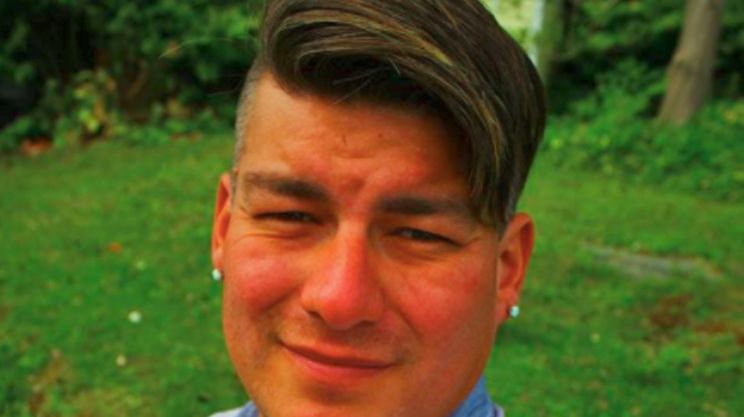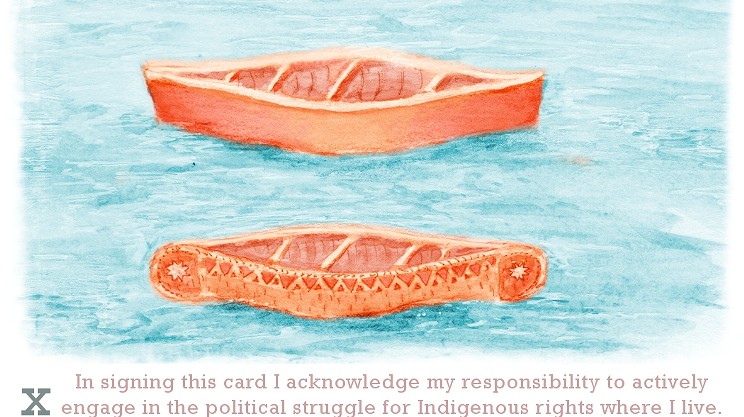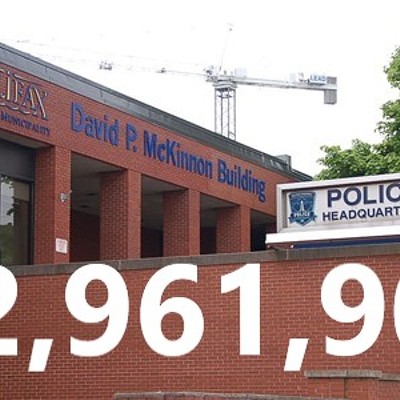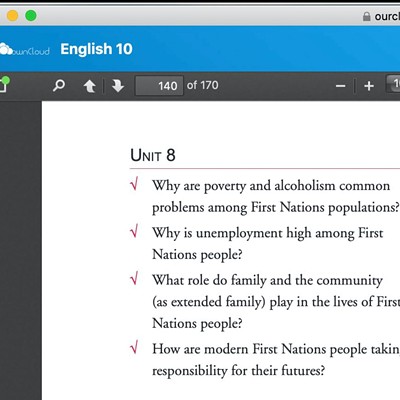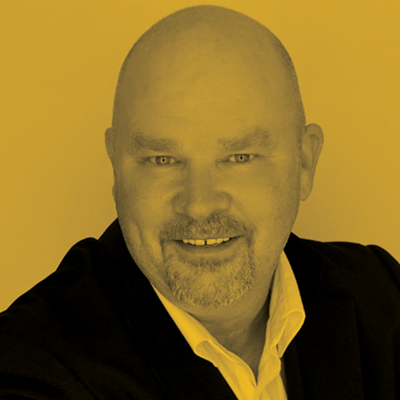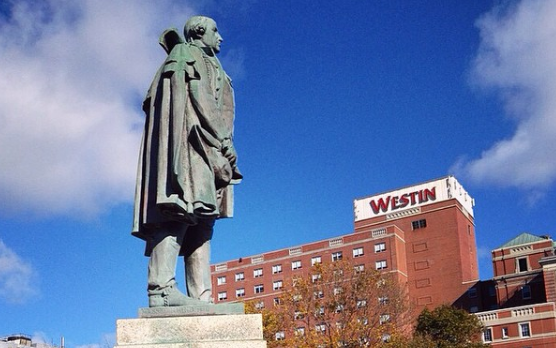
Halifax will finally get some truth and reconciliation on its controversial founder, Edward Cornwallis.
On Tuesday, Regional Council voted 15-1 to assemble a panel of experts to review and recommend changes on how HRM commemorates Cornwallis. The motion from Halifax West
“This motion is not about rewriting history or whose historical fact is better than someone else's alternative fact,” said Cleary. “History and our understanding of it is not static. It is dynamic.”
Seen by some as a brave settler, carving out the city of Halifax under harsh conditions, Cornwallis is also viewed by many as a violent oppressor and a symbol of British colonialism. The first governor of Nova Scotia began a campaign to “annoy, distress and destroy the Indians everywhere” when Indigenous nations refused to submit to English rule. In the fall of 1749, Cornwallis infamously issued a scalping proclamation in response to prior Mi'kmaq raids on British military and trading posts.
“To me, this is less about Cornwallis than it is about removing an impediment to progress with our First Nations partners,” mayor Mike Savage told council on Tuesday. “This is stopping us from having a dialogue and a real relationship with a group of people with whom we need to.”
There’s been a strong push in recent years by community members and advocates like author Daniel Paul to re-examine Cornwallis’ legacy. Public outcry helped change the name of Cornwallis Junior High in 2011, but his moniker still adorns Cornwallis Street in the north end and Cornwallis Park in the south—where a statue of the former governor has stood since the 1930s.
Last spring, councillor Waye Mason put forward a motion to examine removing Cornwallis’ name from municipal assets, inspired in part by the municipality’s own statement of reconciliation made the previous year. The idea was narrowly defeated, 8-7, after a heated debate.
Mason told the public this week that his prior motion prompted “some of the most ridiculous and abusive emails and phone calls” he’s ever received.
“I’m tired of getting emails and phone calls from white men of privilege who say we should not have this discussion,” said the Halifax South Downtown councillor. “We are all treaty people. Let’s be brave. Let’s have this discussion.”
This new motion from Shawn Cleary was directly inspired by a performance two weeks ago from poet laureate Rebecca Thomas, who asked HRM to have an open discussion about the man it honours as its founder.
Only Spryfield–Sambro Loop–Prospect Road councillor Stephen Adams voted against the idea. He was joined in opposition by David Hendsbee, who still voted in favour of the motion even as he
Hendsbee's colleagues emphatically disagreed.
“I utterly reject the statement you can’t change history,” said Mason.
“History isn’t just a set of facts,” said Sam Austin. “It’s a reflection of how we see ourselves and how we look at our society.”
“Every textbook, every professor has a bias,” said Tim Outhit.
“Every day we make decisions that change something that happened in the past,” said Lindell Smith. “We fix things that we did wrong.”
Speaking about the solidarity between HRM’s Black and Indigenous communities, Smith said Tuesday's motion was an important step in
“If we can’t do that, I might as well leave this chamber and not come back.”
Even with the highly-charged topic, Cleary told reporters after the meeting that it was an “unbelievably friendly” debate compared to last year.
“Clearly this is a far more progressive council—a very empathetic council—and I feel like we’re moving forward together.”
Staff will report back to council on terms of reference and the potential make-up of the expert panel that will review “all aspects and facts of the situation.”
How long that takes, who’s involved and when a report can be expected back for another debate is still to be determined.

